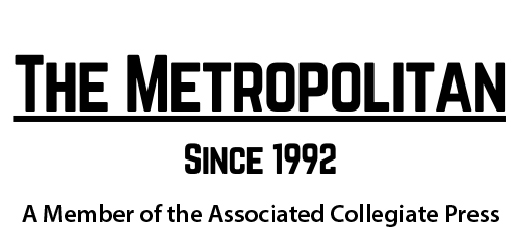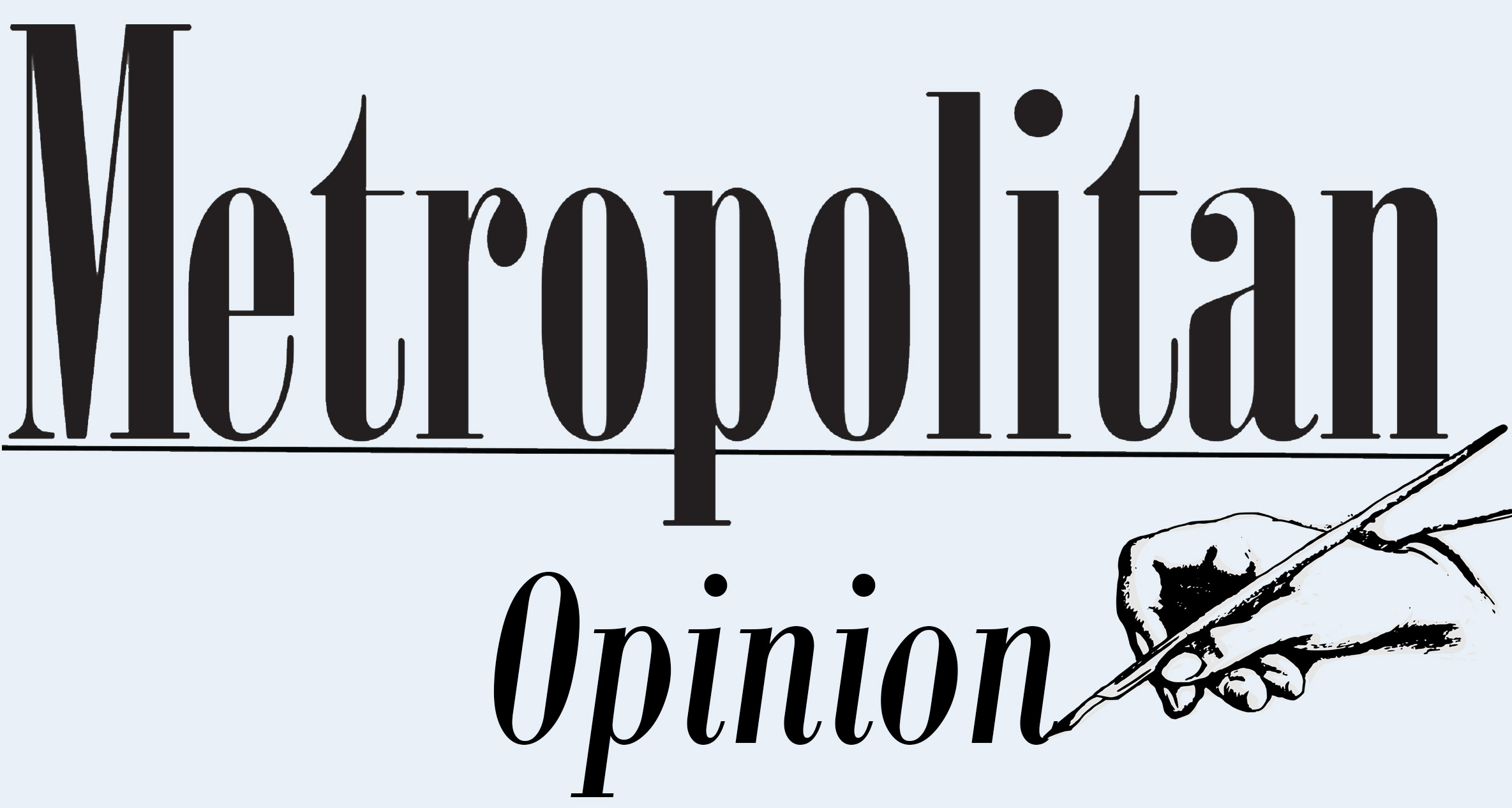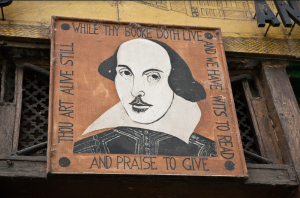April Carlson
Share:
I have a foot (and both hands) in many academic fields. At times it seems like I play a never-ending game of epistemological Twister. I am a student, a poet, a fiction writer, an opinion writer, a technical communicator—not to mention a mother and spouse. Balancing all of these roles can be a challenge.
But I have a singular duty in all my roles: I cannot shy away from the vast universes that unfold with every breath I take.
Walt Whitman offers a challenge in his epic poem “Song of Myself”: “And I say to any man or woman, Let your soul stand cool and composed before a million universes.”
I know—in that subconscious way of knowing—that in order to write well, to write honestly, my soul needs to be open to that vastness. And, without fear or overconfidence, I must reach for one of those universes, then another, and another, until I hold a pattern of meaning. For me this is the most difficult, humbling, work anyone can do.
I learned at a very young age how to acknowledge and accept self-ignorance. Both of my parents were educators, and I have three older siblings. Someone always knew more, knew better, than I did.
My dad taught me how play chess, but never how to win. Winning and losing, according to him, were things that should be learned but never taught. When we argued, he would remind me: “When I was in high school, I thought I had all of the answers, too. When I received my doctorate, I realized I didn’t even know the questions.”
It is very hard to create meaning out of a million universes, while freely admitting that you don’t know the right answers—or even the right questions. Self-doubt can easily override any sense of purpose or duty.
Several years ago, I was in grad school at the University of Minnesota for cognitive science. This program was a blend of philosophy, psychology, neuroscience, linguistics and computer science. During my studies there, I learned a fancy word for a concept that my hindbrain has been aware of since those childhood conversations with my dad: incommensurability.
In philosophy of science, the term incommensurability means an inability for some branches of knowledge to exchange concepts and ideas. This is because the theoretical frameworks that support those knowledge branches rely on mutually exclusive assumptions.
Given our present political and social reality, it is clear this concept extends far beyond the fields of science.
We exist in a gap between words and worlds. Stitching a seam that hides this gap is the alchemy of all writers, no matter the genre.
I am an apprentice, so this craft still seems very magical. I often feel like Mickey Mouse, wearing the sorcerer’s hat in “Fantasia.”
Given my early lessons in knowledge and ignorance—along with a nagging suspicion that I will never grow into a wizard’s robe—I am often tempted to run far from the author’s trade (and, at times, from learning itself).
Incommensurability is, I believe, an artifact of worlds and words colliding. It’s what happens when we convince ourselves (and each other) that the gap doesn’t exist.
It can create all sorts of problems: confusion, war, misunderstandings, prejudice—even, as we’ve seen with the recent outbreaks of measles, the spread of disease.
Art is, I believe, humanity’s attempt to overcome incommensurability and its associated pitfalls. Great art has the ability to transcend language, culture and all of our basic assumptions about reality.
Unfortunately for writers, the medium of art is language—thus they need to confront this problem more directly. Indeed, the art of rhetoric is more likely fuel, rather than transcend, it.
When I write, I am constantly aware of the long, looming shadow of incommensurability. It hovers above the words on the page, like an unasked question.
Yet I am slowly learning to overcome my fear of traveling between words and worlds. Always careful to mind the gap, I write on. Will you take that leap of faith, too?


